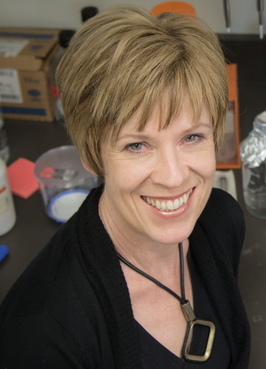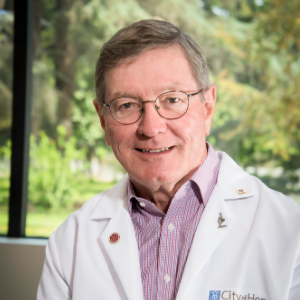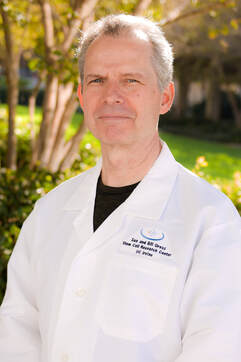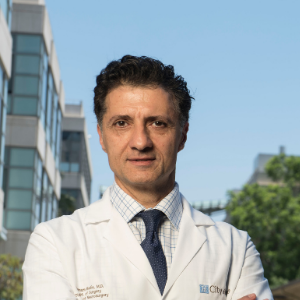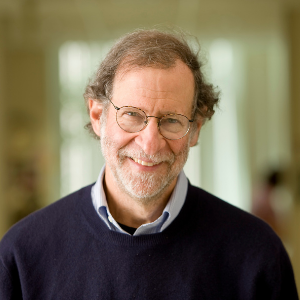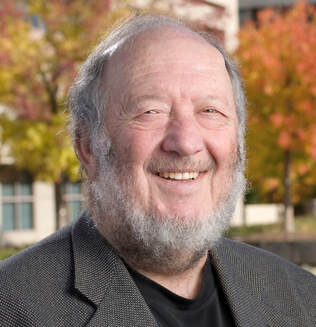
Professor Irving Weissman, MD.
Dr. Weissman, MD, is a professor of pathology and developmental biology at Stanford University. He is the Founding Director of the Stanford Institute of Stem Cell Biology and Regenerative Medicine, Director of the Ludwig Center for Cancer Stem Cell Research at Stanford, and the former Director of the Stanford Cancer Center. He is the first scientist to ever define and isolate mammalian stem cells, the blood-forming stem cells in mice (1988) and then humans (1992), Irv Weissman is known as the ‘father’ of stem cell biology. He pioneered the biological definition, prospective isolation and transplantation of stem cells and his methodology is considered the gold standard in this field of research. Following the isolation of blood-forming stem cells, his group has successfully defined the stages of development that occur between those stems cells and mature blood cells, and then went on to the isolation of stem cells of other tissues including brain stem cells, muscle stem cells, and skeletal stem cells that give rise to bone, cartilage and bone marrow cells that support the blood-forming stem cells. His research on blood formation and cancer has led to several discoveries and the development of new therapies. These include the discovery of CD47 as a ‘don’t eat me’ signal used by all human cancers to evade innate immunity. Weissman then led the clinical development of CD47 blockade as a new cancer immunotherapy, the first that’s based on macrophage checkpoint inhibition, in clinical trials conducted by Forty Seven Inc. In phase-I clinical trials significant therapeutic anti-cancer effects were achieved, remarkably complete remissions were observed with a combination therapy of anti CD47 and Rituximab in lymphoma patients who failed all other therapies.
Dr. Weissman, MD, is a professor of pathology and developmental biology at Stanford University. He is the Founding Director of the Stanford Institute of Stem Cell Biology and Regenerative Medicine, Director of the Ludwig Center for Cancer Stem Cell Research at Stanford, and the former Director of the Stanford Cancer Center. He is the first scientist to ever define and isolate mammalian stem cells, the blood-forming stem cells in mice (1988) and then humans (1992), Irv Weissman is known as the ‘father’ of stem cell biology. He pioneered the biological definition, prospective isolation and transplantation of stem cells and his methodology is considered the gold standard in this field of research. Following the isolation of blood-forming stem cells, his group has successfully defined the stages of development that occur between those stems cells and mature blood cells, and then went on to the isolation of stem cells of other tissues including brain stem cells, muscle stem cells, and skeletal stem cells that give rise to bone, cartilage and bone marrow cells that support the blood-forming stem cells. His research on blood formation and cancer has led to several discoveries and the development of new therapies. These include the discovery of CD47 as a ‘don’t eat me’ signal used by all human cancers to evade innate immunity. Weissman then led the clinical development of CD47 blockade as a new cancer immunotherapy, the first that’s based on macrophage checkpoint inhibition, in clinical trials conducted by Forty Seven Inc. In phase-I clinical trials significant therapeutic anti-cancer effects were achieved, remarkably complete remissions were observed with a combination therapy of anti CD47 and Rituximab in lymphoma patients who failed all other therapies.
